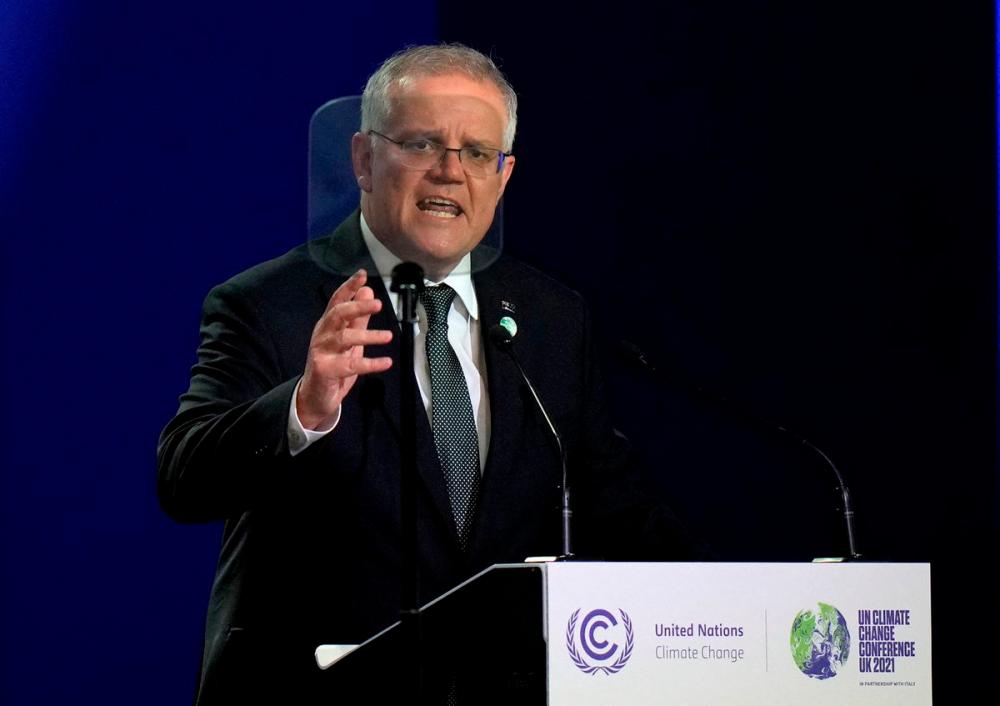SYDNEY: Australian Prime Minister Scott Morrison’s (pix) approval ratings slid after his handling of the Omicron-driven coronavirus outbreak fuelled a backlash, a widely watched poll showed today, putting opposition Labour into a leading position months away from a federal election.
Australian voters are losing confidence in Morrison and his Liberal-National Party coalition government on the economy, jobs, health and the response to a fast-moving Omicron wave, according to a poll done by research company Resolve Strategic for the Sydney Morning Herald newspaper.
The survey of 1,607 voters was conducted from January 11 to 15, before an Australian court upheld a government decision to cancel unvaccinated tennis star Novak Djokovic’s visa just ahead of the Australian Open.
A medical exemption that allowed the Serbian world No. 1 to enter the country without being vaccinated against Covid-19 sparked fury in Australia, and became a political issue for Morrison.
Morrison has always enjoyed a strong lead over his rival, Labour leader Anthony Albanese, but has lost a double-digit margin he held just two months ago. Around 38 per cent of voters want Morrison as the country’s leader, while 31 per cent support Albanese.
Labour has increased its primary vote to 35 per cent from 32 per cent since November, while the ruling coalition’s fell five points to 34 per cent.
Morrison, who has to call an election before May, has been fielding criticism over his handling of the Omicron outbreak that has pushed daily infections to record levels, driving up hospitalisation rates and straining health systems.
Instead of reinstating restrictions early this month, he said Australia must “push through” the Omicron wave and relaxed isolation rules for close contacts in a bid to ease the pressure on businesses that are facing staff shortages.
Trailing in polls is not new for Morrison. More than three years ago he had just become prime minister after his predecessor was rolled in a party-room vote, yet he secured a stunning election win in May 2019. — Reuters














